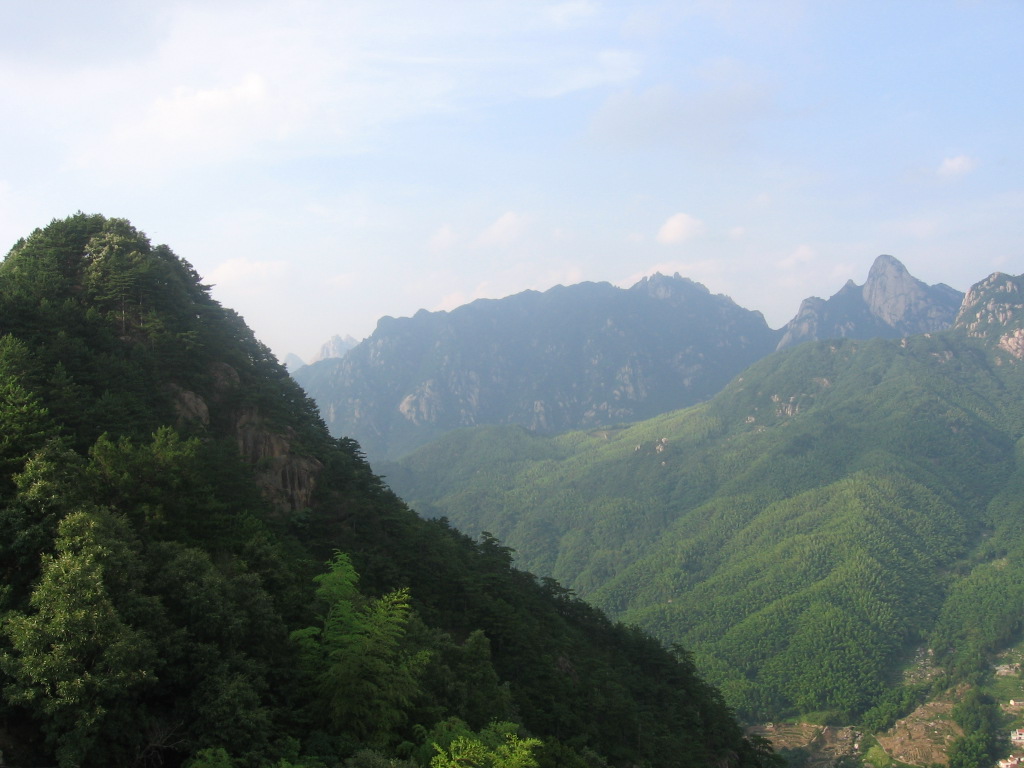Nippon.com and The Japan Times report on a recent Tokyo (Edogawa municipality) survey on the status of hikikomori:
From this sample, the numberof hikikomori is increasing slightly. According to the survey, one of seventy-six residents of Tokyo municipality Edogawa is living in social withdrawal. More interestingly, perhaps, is the increased age of the hikikomori. When the phenomenon was first observed in the nineties, most hikkikomori were in their twenties. Now the majority are in their forties, followed by fifties, followed by thirties. Perhaps many are the same individuals grown older.
“The most common triggers for becoming a social recluse,” notes the survey report, “included illness requiring long-term medical treatment, not fitting in well at work, or an unsuccessful job search.” The report also pursues responses of hikikomori to their circumstances. “When asked what they want, 32% responded that nothing was needed as the current situation is fine, which is much higher than the 21% who wanted to prepare for a job search or the 15% who hoped to be able to work, even if just for a short period of time.”
Many hikikomori living alone did not seek public assistance, while those living in a household did, or had family members doing so on their behalf. “62% of the social recluses said they had not sought any assistance or support from governmental institutions or other organizations regarding their situation. That contrasted with the responses of people who had a hikikomori in the family, 55% of which said they had sought help from outside parties.”
URL: https://www.nippon.com/en/japan-data/h01358/ and https://www.japantimes.co.jp/news/2022/06/13/national/social-issues/edogawa-hikikomori-survey/
